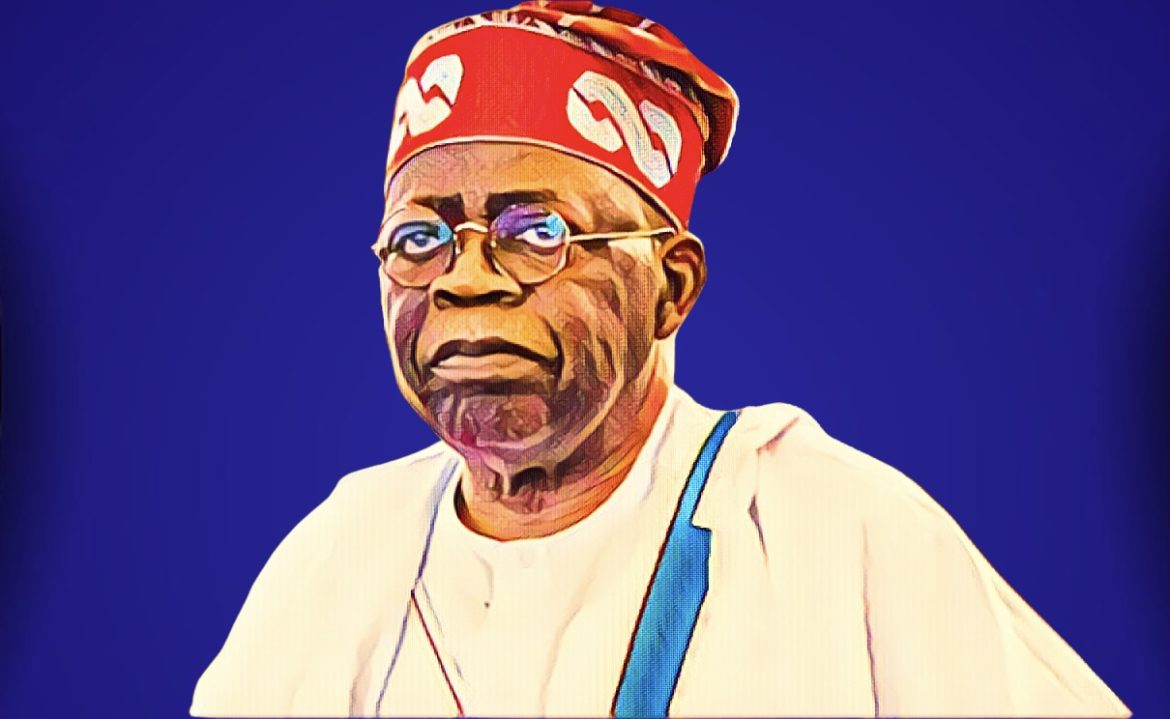KEY POINTS
- Tinubu orders final cleanup before releasing ambassadorial appointments.
- Ambassadorial appointments aim to strengthen Nigeria’s diplomatic communication amid U.S. tension.
- Foreign missions have operated without ambassadors since 2023.
President Bola Tinubu is close to completing the appointment of ambassadors to Nigeria’s foreign missions after months of delay and growing pressure over the absence of envoys abroad. According to senior Presidency officials, the President has ordered a final cleanup of the list of nominees before it is released to the public.
Officials familiar with the process said the list had been returned to the Presidency after Senate screening, but revisions became necessary due to deaths, retirements and changes in eligibility. “It is going to be concluded very soon,” one top official said. “Some of the people earlier nominated have died, while others have retired or are no longer qualified because they have less than a year left in service.”
Another source confirmed that security and background checks had been completed months earlier but noted that several adjustments were required to update the list. “The earlier list sent to the Senate is outdated,” the official said. “Some nominees have taken other appointments, some are ill, and others are no longer available. The cleanup ensures the final list reflects only those still eligible.”
Long absence of Nigerian ambassadors abroad
The development comes more than two years after Tinubu ordered the recall of all ambassadors from Nigeria’s 109 foreign missions, which include 76 embassies, 22 high commissions and 11 consulates. Since then, most missions have been run by chargés d’affaires or senior consular officers with limited authority.
A senior Foreign Service source said the absence of ambassadors had weakened Nigeria’s international representation. “Most foreign governments don’t accord the same recognition to chargés d’affaires as they do to ambassadors,” the source said. “At a time like this, with several diplomatic issues, appointing ambassadors is critical.”
The move to conclude the ambassadorial appointments comes as diplomatic tension rises following remarks by former U.S. President Donald Trump, who accused Nigeria of allowing the killing of Christians. Trump labelled Nigeria a “Country of Particular Concern” and claimed to have directed congressional Republicans to investigate the situation. He later announced that he had instructed the U.S. Department of War to prepare for possible action against Nigeria if the alleged killings continued.
Presidency officials said the ambassadorial delay did not directly cause the friction with Washington but acknowledged that the absence of Nigerian envoys may have made communication more difficult. “Foreign partners prefer to engage at the ambassadorial level, especially in moments of crisis,” one official said.
According to Punch, Minister of Foreign Affairs Yusuf Tuggar is expected to meet Tinubu at the State House to discuss the ambassadorial list and conclude the appointments. The Presidency has promised to make an official announcement soon.
Tinubu previously explained the complexity of the process, saying he was balancing political and professional considerations. “It’s not easy stitching those names,” he said in September during a meeting with former Nasarawa Governor Tanko Al-Makura. “I still have some slots for ambassadorial positions that many people are craving.”


